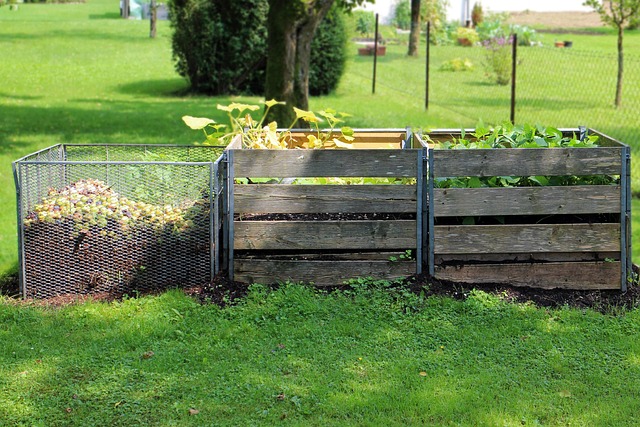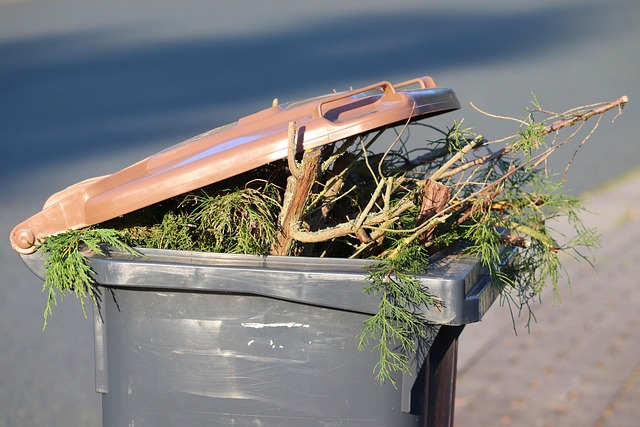In today’s world, where environmental awareness is on the rise, adopting eco-friendly practices in our gardening endeavors is essential. Precomposting offers a sustainable way to enrich your garden while minimizing waste and reducing your carbon footprint. For those passionate about nature and green living, incorporating effective precomposting methods can seamlessly integrate into your daily gardening routine. Here are five eco-friendly tips to enhance your precomposting efforts in your komposzt garden.
1. Choose the Right Materials
To begin your precomposting journey, selecting the right materials is crucial. Focus on plant-based scraps like fruit peels, vegetable trimmings, and coffee grounds. These items not only break down quickly but also provide essential nutrients to your garden soil. Avoid adding meat, dairy, and oils, as these can attract unwanted pests and create unpleasant odors. By utilizing kitchen waste, you reduce landfill contributions, turning potential waste into nutrient-rich organic matter.
2. Chop It Up!
Size matters when it comes to composting. Cutting your materials into smaller pieces accelerates the decomposition process as it increases the surface area for microbes to work their magic. Use a garden shredder or a simple knife to process your kitchen scraps and yard waste. This small effort can make a big difference in achieving a rich, healthy compost pile in less time, allowing your garden to thrive.
3. Balance Carbon and Nitrogen
An effective composting process relies on a balanced ratio of carbon-rich materials (browns) and nitrogen-rich materials (greens). For precomposting, aim for layers that alternate between these two types. Dry leaves, straw, and cardboard serve as excellent browns, while grass clippings and vegetable scraps offer vital greens. This balance not only accelerates decomposition but also results in a healthier soil ecosystem, promoting vibrant plant growth.
4. Keep It Moist But Not Wet
Moisture is a key ingredient in the precomposting process. Your compost pile should be damp but not soggy. To maintain this ideal moisture level, regularly monitor the pile and add water if necessary. A well-watered compost provides an inviting environment for beneficial microorganisms, which aids in breaking down materials quicker. Remember, dry compost can slow down the process significantly, while excess moisture may lead to foul odors.
5. Turn It Regularly
Turning your precompost pile is vital for aeration and ensuring that all materials decompose evenly. Aeration is crucial for the health of microorganisms that thrive on oxygen. Use a pitchfork or shovel to turn your pile every few weeks, promoting faster decomposition and preventing odors from developing. This simple routine not only speeds up the process but also creates a more uniform compost ready to enrich your komposzt garden.
By implementing these eco-friendly precomposting tips, you can contribute positively to the environment while nurturing your garden. This sustainable approach allows you to reconnect with nature, reinforces your commitment to a green lifestyle, and, most importantly, transforms waste into a rich resource for your plants. Welcome the joy of gardening with a sense of purpose by embracing precomposting today!


